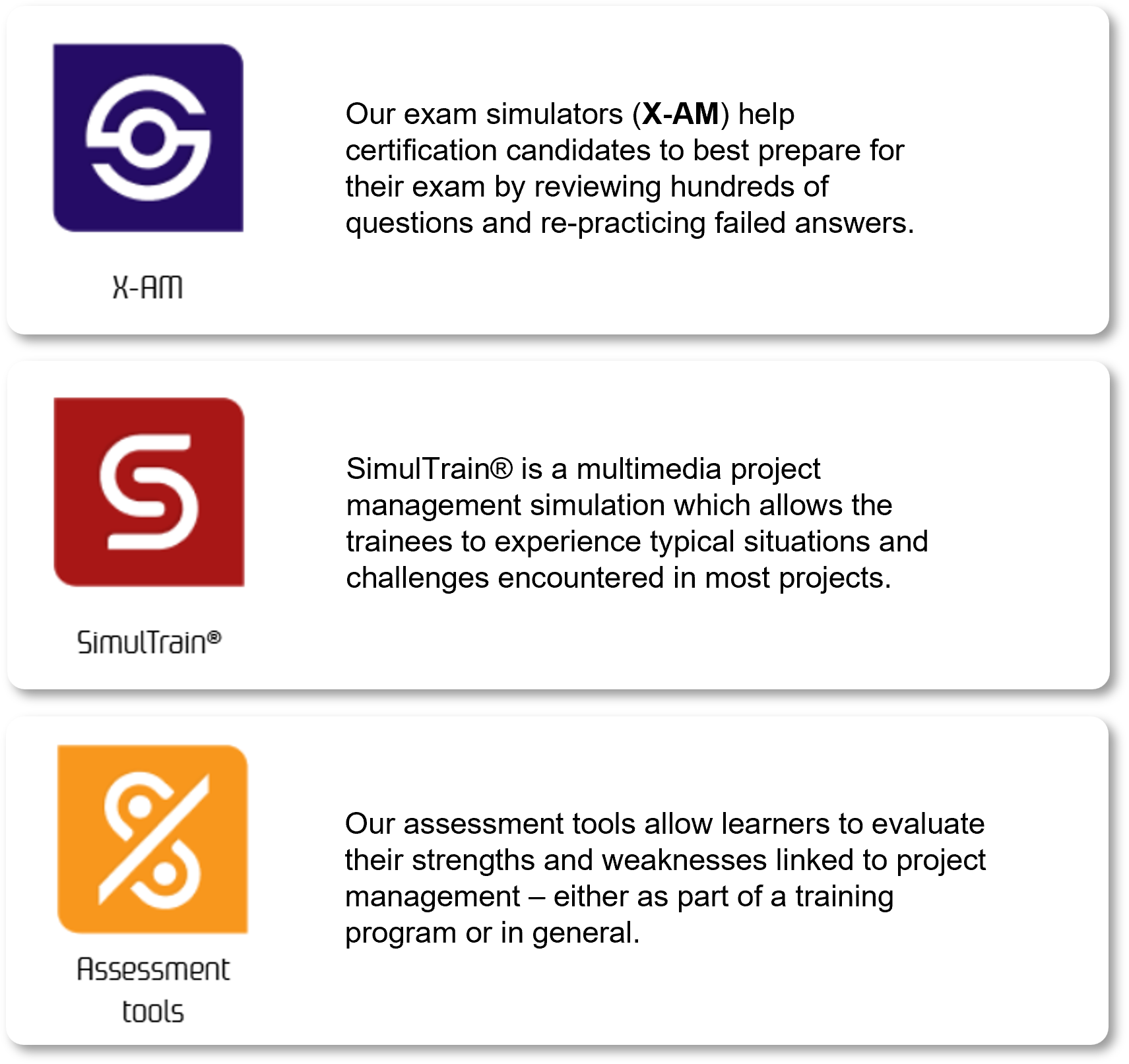You can always custom build your own custom course, Why not explore our building blocks library or book a consultation with our team
Project management skills
The world is changing fast—and so are the organisations we work in. As businesses adapt to an ever-evolving environment, strong project management skills are essential for delivering effective, meaningful change.
Project management is no longer just a ‘nice to have’ or something reserved for specialists. It’s a core skill that everyone should have. Whether you're leading initiatives or simply contributing to them, being able to manage projects helps teams stay focused, responsive, and ready for whatever comes next.
Project management training & expertise
We help individuals and organisations build real project management capability — quickly and effectively.
Our training covers leading certifications and is fully aligned with the latest predictive and agile standards.
Whether through public courses or tailored in-company programmes, we adapt to your needs. And to make learning stick, we offer powerful tools like:
- Online content & assessment tools
- SimulTrain® simulation for hands-on practice
From certification prep to practical application, we equip you to lead projects with confidence.
Browse our project management courses below.

Browse our courses
Our Management & Leadership Framework
Drive real results with leadership development built on what truly matters. Our Leadership & Management Framework focuses on ten core capabilities proven to boost performance, strengthen teams, and inspire meaningful change. Grounded in global research and real-world application, this framework is the foundation for creating high-impact programmes tailored to today’s leadership challenges.
Ready to get started?
We love to talk. Tell us more about your context, goals and requirements. We’ll be delighted to help.
To book a public scheduled course: Please book online or call us to discuss options.
To enquire about bringing a course in-house: Please complete the contact form or call us.







